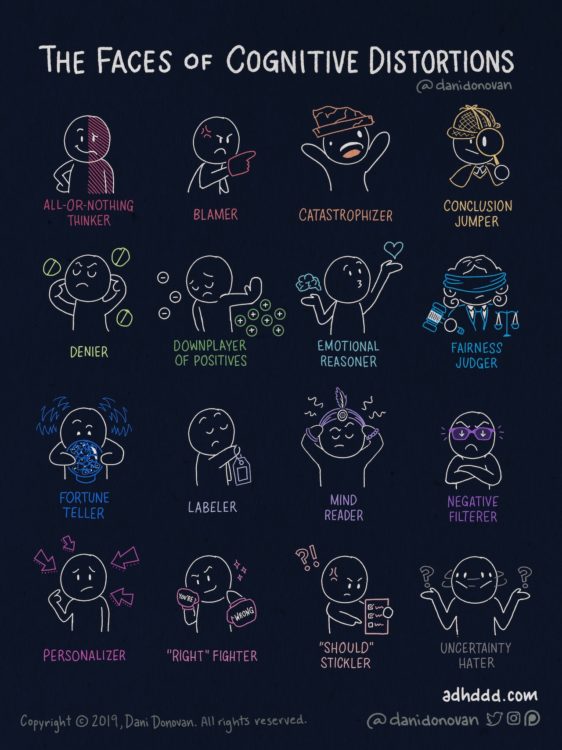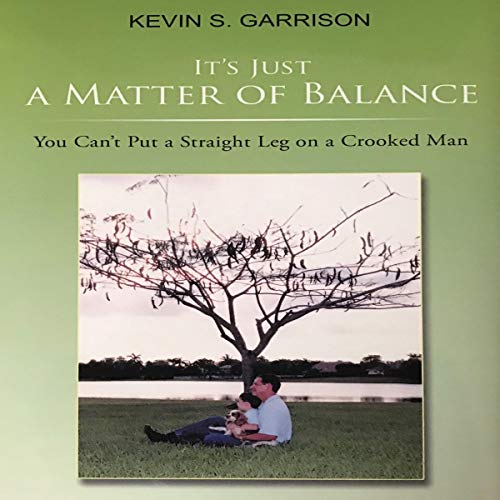
Dealing With Your Feelings
Many people never see their recovery from their amputation stall. Beware your amputation can become major depression. Getting into an auto accident leaves us no chance to prepare for our amputation. As a result, many amputees have not resolved the emotional loss they are faced with. The grieving process is not a mental illness but a phase of life we all go through. If it is unresolved or halted before completion, it can lead to major depression.
Difference Between Grief and Depression
The grieving process has a succession of stages we need to work through. If not, the feelings of loss remain unresolved. If the process is arrested, there is a strong possibility that it will develop into a major depression.
Examples of Grief:
- A natural part of the phases of life
- Appreciation of the comfort and support from others.
- Justifiable anger
- Capable of relating their depressed feelings to their loss.
- Still able to find moments of joy and levity in life.
- Stricken by occasional physical complaints.
- Some aspects of the amputation will cause guilt.
- Sometimes confronted with problems of low self-esteem.
Symptoms of Clinical Depression:
- Fatigue or loss of energy almost every day
- Feelings of worthlessness or guilt almost every day
- Impaired concentration, indecisiveness
- Insomnia or hypersomnia (excessive sleeping) almost every day
- Markedly diminished interest or pleasure in almost all activities nearly every day (called anhedonia, this symptom can be indicated by reports from significant others)
- Restlessness or feeling slowed down
- Recurring thoughts of death or suicide
- Significant weight loss or gain (a change of more than 5% of body weight in a month)
Prevailing Over Depression
If you fit the above criteria for clinical depression or experience severe bouts of grief, your physician will refer you to a psychiatrist for a medication evaluation. There is significant scientific proof that a combination of medication and psychotherapy from a trained professional is the most efficient way to control depressive symptoms. You should try to find a therapist who has had an amputation or had experience dealing with patients with amputations.
Physical Recovery
Unless an amputation is followed with a vigorous exercise and muscle strengthing regime, you can lose up to five years of life expectancy. Sleeping a minimum of eight hours is also very important. Both help reduce depression. Yoga can also promote well-being and control stress. Its benefits are promoting deep breathing, muscle relaxation through stretching, and meditation to lower blood pressure.
Eating well is just as beneficial as getting your sleep and staying active. Sugary foods offer short periods of highs but will plummet you further into depression when their energizing effect wears off. Likewise, alcohol will only make you more depressed, as it is a known depressant. In addition to your physical upkeep and wellbeing, emphasize your best features to make up for any self-esteem issues you may have about your amputation site.
Beware Your Amputation Can Become a Major Depression
Emotionally, the biggest hurdles you must jump over are those made up of your self-doubt and worries. Remember, you are not alone, and you are not to blame. Starting a journal or writing letters you don’t mail, is a helpful way to express your emotions in writing, where you may otherwise not be able to verbalize how you feel. Refraining from making big decisions, such as large purchases or relationship changes, while depressed is usually ideal, as you may not be thinking clearly. Working closely with your physician, physical therapist, mental health professional, and other medical staff will help you heal physically and stay focused on healing emotionally.
If you can communicate how you feel through verbalization, that’s great! Tell loved ones your feelings, your loss, your grief, and what you need and don’t need. Friends and family are there to support you, so let them know the best way and make sure you don’t withdraw from them. In the event you don’t have a support group, you can contact a support group that is dedicated to amputees, such as Amputee Coalition’s toll-free number at 888-267-5669, where you can participate in their online support groups or be directed to a local, in-person support group. Amputee Coalition can also assist with financial woes and other information that can help. Seeing a therapist who specializes in helping amputees resolve these issues is very important. The vast majority of people in the helping profession have no idea what an amputation does to you emotionally.




